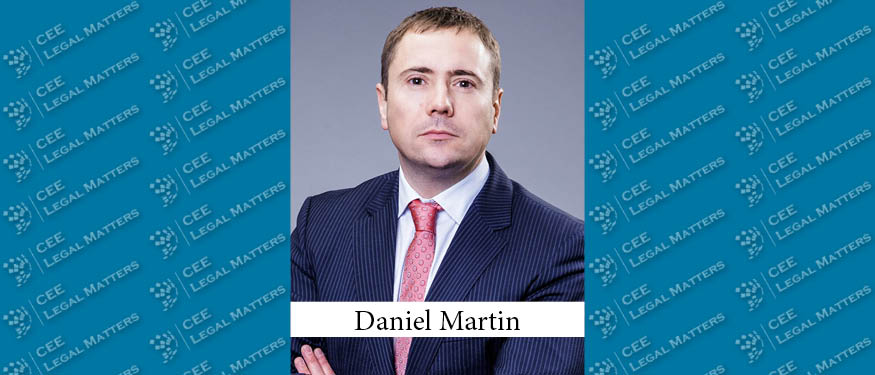In the context of signing the Association Agreement with the European Union on June 27, 2014, the Moldovan legislation underwent fundamental changes aimed at harmonizing the domestic provisions with those of the European Union.
To implement the Justice Sector Reform Strategy, several legislative changes were made, including supplementing the criminal legal framework with a new measure – extended confiscation – provided for by Article 106/1 of the Moldovan Criminal Code.
The extended confiscation measure is aimed at blocking the movements of suspect capital and is expected to be an effective and necessary weapon to combat this menace.
Although the rule providing for extended confiscation has been in force since February 25, 2014, this measure has not been applied yet. One of the causes is the ineffective wording of the legal provisions regarding the cases in which extended confiscation would apply, and its conditions.
Recently, by Law No. 190 of July 21, 2022, Article 106/1 of the Moldovan Criminal Code has been significantly modified, being aligned with the provisions of Directive 2014/42/EU of the European Parliament of April 3, 2014, on the freezing and confiscation of instrumentalities and proceeds of crime in the European Union.
The Main Changes
First, the number of crimes for which the extended confiscation could be applied was expanded. The exhaustive list is provided in Article 106/1. Most of these crimes can be (and are) committed by persons acting in the public or private sector, including such crimes as money laundering, smuggling, acts of corruption, unjust enrichment, etc. To qualify for extended confiscation, the listed crime should be committed for a pecuniary interest.
Second, the conditions for applying extended confiscation have been changed. It can be applied only if the following conditions are cumulatively met: (1) the value of the assets acquired by the convicted person in the last five years before committing the crime exceeds the legal income acquired by that person by more than 20 official average monthly salaries (currently – approximately EUR 10,000); (2) the court is convinced that the respective goods originated from illegal activities. The court’s conviction can also be based on the difference between the lawfully obtained income and the value of the goods acquired in the same period; the committed crime is listed in Article 106/1 of the Criminal Code for which the maximum penalty of imprisonment exceeds four years.
Third, extended confiscation can also be ordered for assets fictitiously transferred to third parties, acquirers in bad faith, as well as in the case of third parties who knew or should have known that the purpose of the transfer was to avoid confiscation.
Impact
The major transformation, which is also very welcome, is that to be able to order the extended confiscation of assets, it is sufficient for the court to evaluate based on the probabilities or to be able to reasonably presume that it is significantly more likely that the goods in question were obtained from criminal activities.
When determining the assets acquired, not only the personal wealth owned by the convicted person is considered, but also the assets that are owned by affiliates (family members, legal entities over which the convicted person has control, etc.), as well as other persons who knew about the illegal origin of the goods. Moreover, the goods and/or money resulting from the use of goods that have an illegal origin can also be subject to extended confiscation.
The Criminal Code also establishes a certain limit of confiscation – it cannot exceed the value of the assets acquired in the period of five years before the crime was committed, and only those exceeding the level of the lawful income of the convicted person.
The Criminal Code prioritizes the order of asset confiscation, determining that the monetary means owned by the convicted person should be confiscated first. Other assets are to be confiscated if the owned monetary means are not sufficient.
The current legal provisions constitute a favorable basis for increasing the application of extended confiscation against convicted persons who cannot justify their acquired assets, and the Moldovan state must take advantage of this opportunity.
The reform is important in current times when the so-called “bank fraud” is being investigated in Moldova, and a lot of publicized cases are related to the illicit enrichment of former public servants and high-ranking politicians. The fight against corruption in the public sector remains one of the top priorities of the current government.
By Daniel Martin, Partner, ACI Partners
This article was originally published in Issue 9.12 of the CEE Legal Matters Magazine. If you would like to receive a hard copy of the magazine, you can subscribe here.


